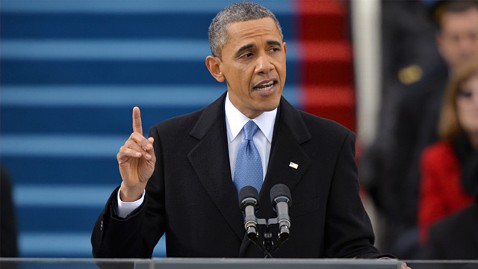The New Mexico teenager who used an assault rifle to kill his mother, father and younger siblings told police he hoped to shoot up a Walmart after the family rampage and cause "mass destruction."
Police said they are also considering charging the shooter's 12-year-old girlfriend.
According to new information released by police today, Nehemiah Griego, the 15-year-old son of an Albuquerque pastor, had plans to kill his family, his girlfriend's family, and local Walmart shoppers for weeks before he acted on the impulse on Sunday.
"Nehemiah said after killing five of his family members he reloaded the weapons so that he could drive to a populated area to murder more people," a police report from the incident stated.
"Nehemiah stated he wanted to shoot people at random and eventually be killed while exchanging gunfire with law enforcement," the report said.
The shooting spree began shortly around 1 a.m. on Sunday, when Griego snuck into his parents' bedroom while his mother, Sara Griego, was asleep. There he raided the closet where the family kept their guns, and immediately used a .22 rifle to kill her, according to the Bernalillo County Sheriff's Department.
Griego's 9-year-old brother was sleeping with his mother at the time and woke up. When Griego told the boy his mother was dead, the youngster didn't believe him, according to a police report.
"So Nehemiah picked up his mother's head to show his brother her bloody face," the report states. "Nehemiah stated his brother became so upset so he shot his brother in the head."
Bernalillo County Sheriff's Deptartment/AP Photo
15-Year-Old Son Suspected in Family Shooting Watch Video
Sikh Temple Shooting: Gunman Killed, 6 Others Dead Watch Video
He then went into his sisters' bedroom. "Nehemiah stated when he entered he noticed that his sisters were crying and he shot them in the head," the police report states. The girls were 5 and 2 years old.
The teenager waited for his father to come from his overnight shift working at a nearby rescue mission. When his father, Greg Griego, walked into the home around 5 a.m., unaware of what had taken place, Griego shot him multiple times with the AR-15 rifle, Sheriff Dan Houston said today.
Greg Griego was a former church pastor at Calvary Church in Albuquerque, and worked as a chaplain at a local jail where he counseled convicts. The family was very involved in the church, according to its website.
The complaint said Griego took a photo of his dead mother and "sent it to his girlfriend."
Griego then packed up the guns, including two shotguns, as well as ammunition for the rifles, and planned to drive to a Walmart to shoot additional people.
Houston said today that Griego called his 12-year-old girlfriend Sunday and ended up spending the entire day with her rather than going to the Walmart. Around 8 p.m. on Sunday, the pair drove to Calvary Church, and Griego said his family had died in a car crash. Someone on the church's staff then called 911, Houston said.
"At this time, Nehemiah had been contemplating this for some time. The information that Nehemiah had contemplated going to the local Walmart and participating in a shooting in there is accurate," Houston said. "There is no information at all that he went to church to cause anyone bodily harm there. The suspect also contemplated killing his girlfriend's parents."
The girlfriend's name was not released, but police are investigating whether to press any charges against her, Houston said. Houston said she had some knowledge about the deaths during the day Sunday.
Griego told cops he sent a picture of his dead mother to his girlfriend after the murder.
Sheriff's deputies were dispatched to the Griego home around 9:15 p.m. on Sunday and arrived 10 minutes later, where they found the five bodies.
Griego lied to investigators about the attack, telling them he came home around 5 a.m. that morning and found his family dead. He said he then took the guns to protect himself.
Griego quickly admitted to the crime when pressed by police, telling investigators he was "frustrated" with his mother. Deputies said he was "unemotional" and "very stern" during the confession.










